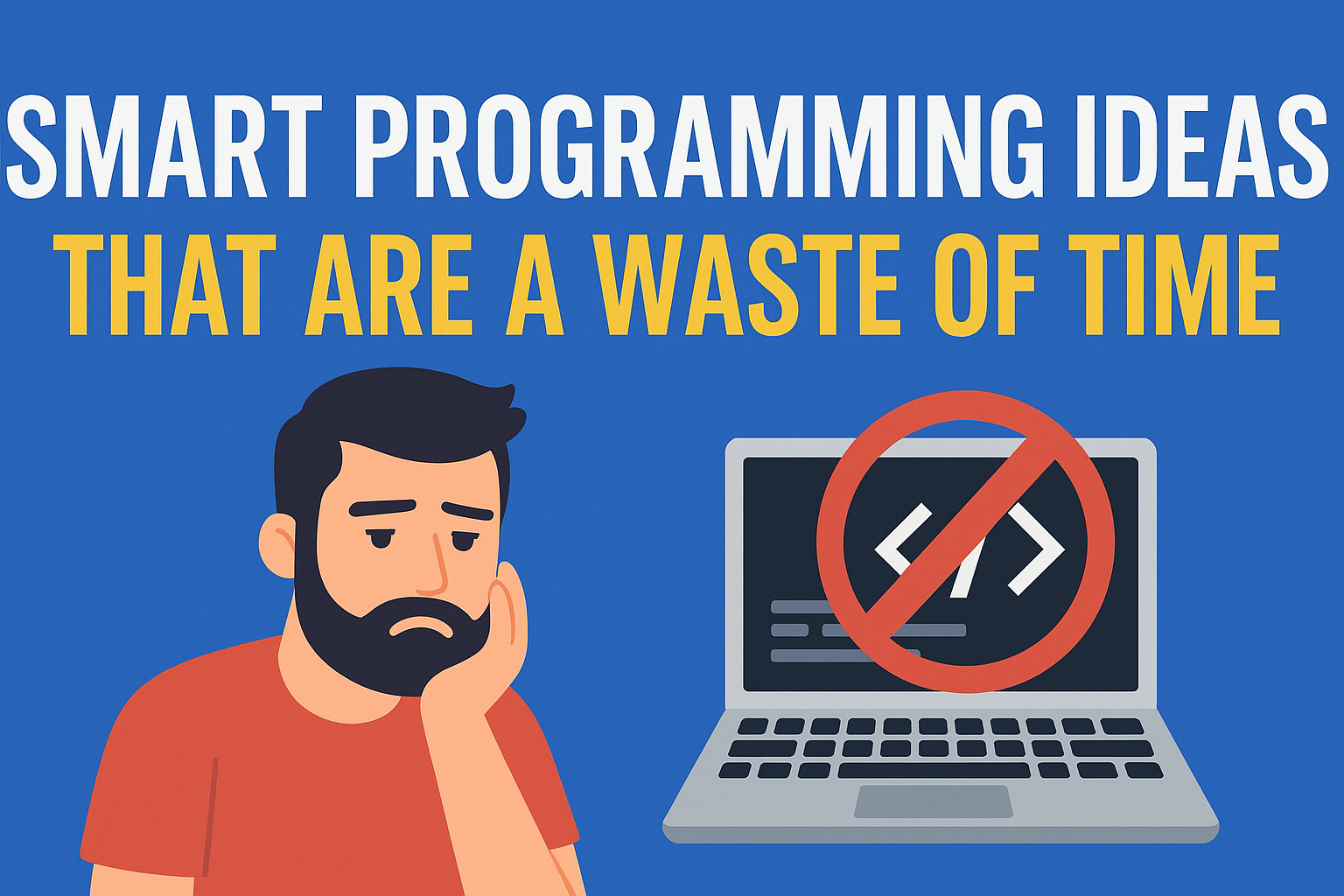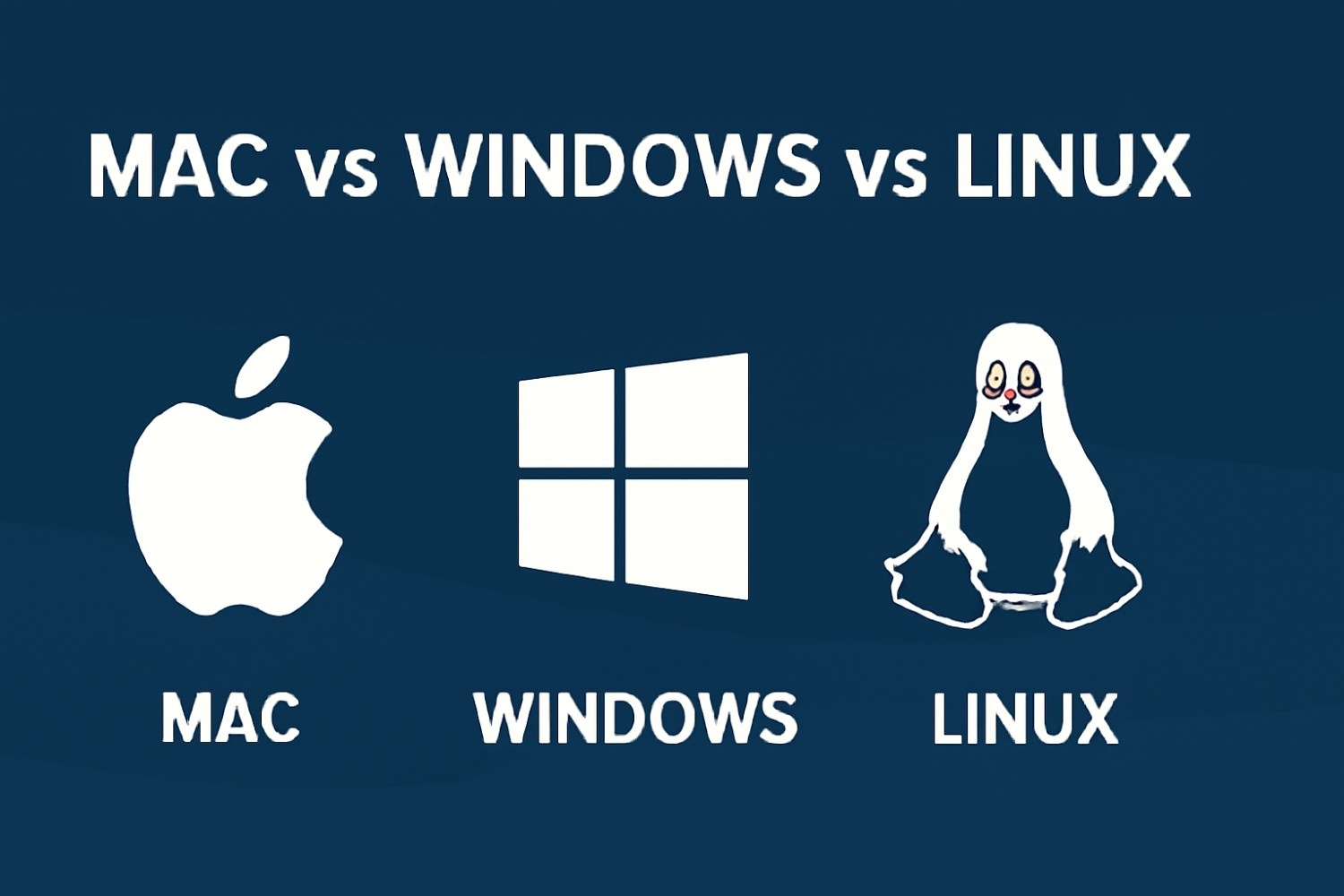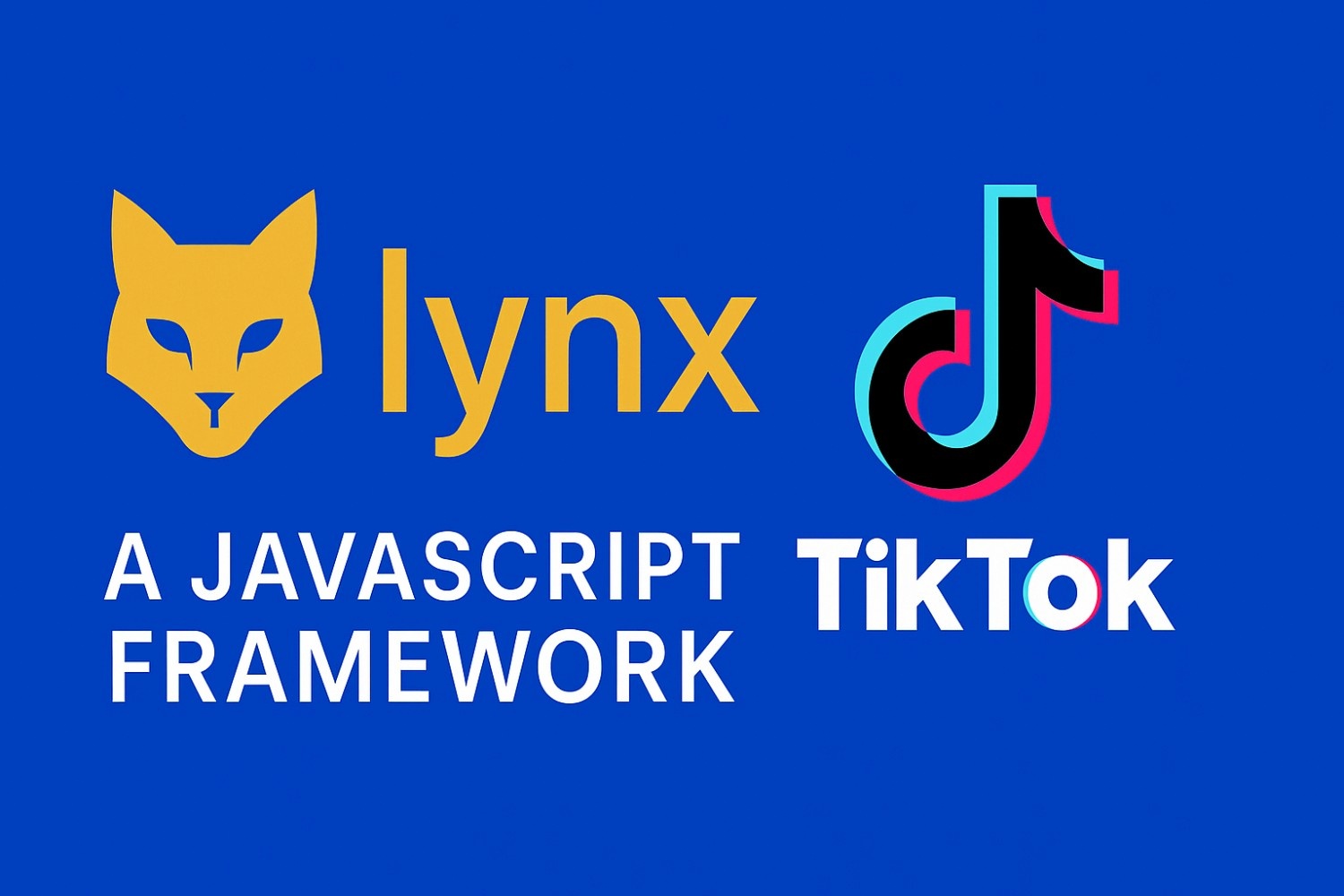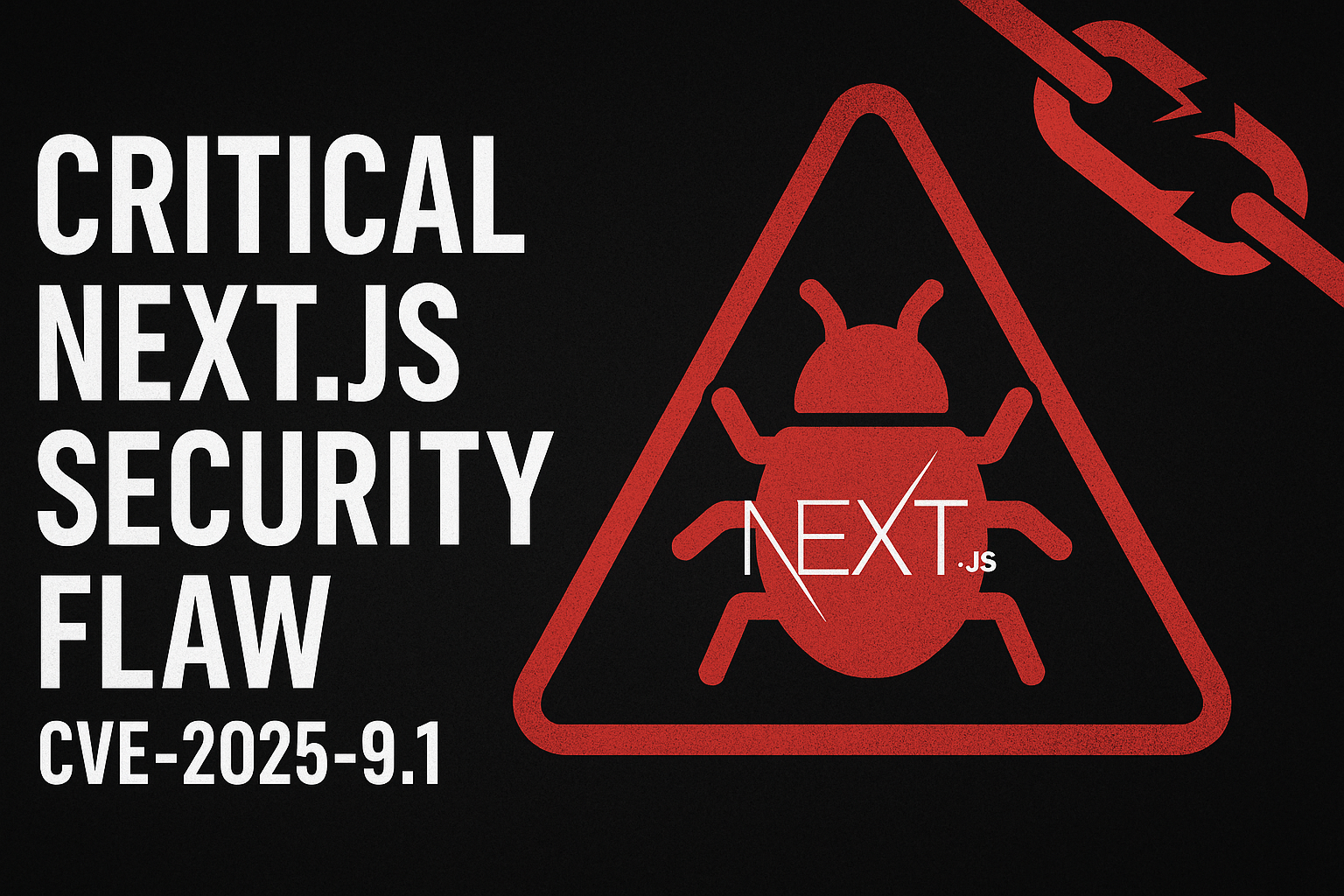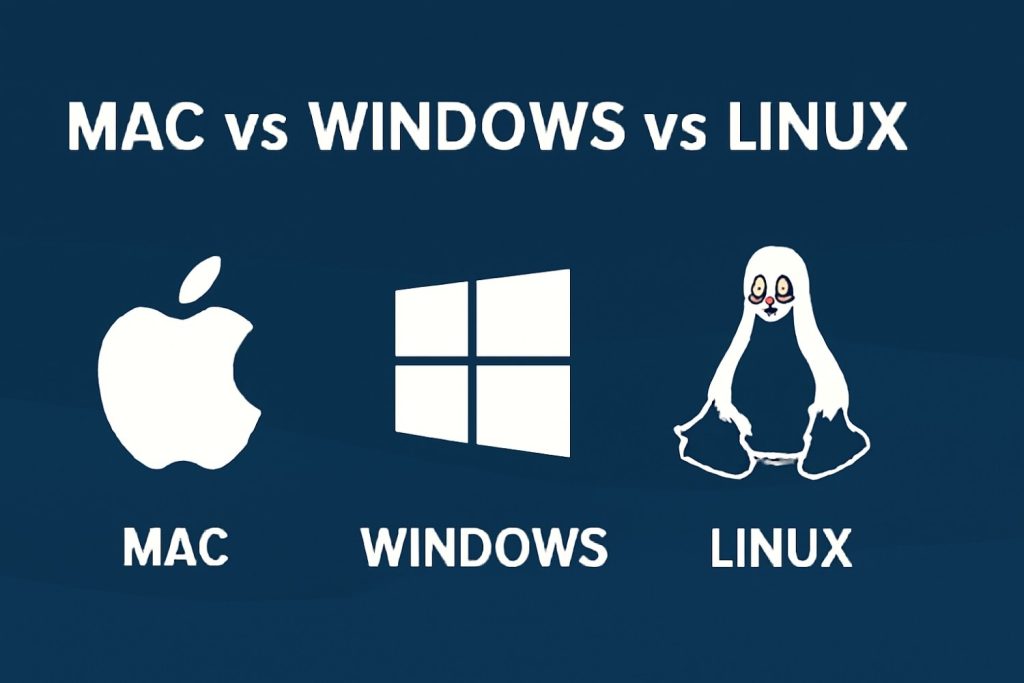Like many seasoned developers, I’ve had a moment of painful realization: years of coding have taught me that chasing perfection often leads to wasted time. The endless pursuit of clean code, the hottest frameworks, or dogmatic programming styles rarely adds value for the end user. After reflecting on the missteps I’ve made, I’ve identified nine so-called “smart” ideas that are actually massive time-wasters for most programmers.
Let’s bust some myths.
1. Chasing the Latest Tech Stack to Stay Relevant
There’s a persistent myth in tech: you must use the latest tools to stay employable. While frameworks like Next.js, Kotlin, NoSQL databases, and Rust are exciting, the real-world job market still runs on battle-tested “dinosaur” technologies.
- WordPress and PHP power a huge chunk of the web.
- Java runs most of the enterprise world.
- SQL is still the backbone of databases.
- C++ rules low-level systems.
Shiny tech may trigger FOMO, but businesses care more about stability than hype. In fact, adopting bleeding-edge tools can backfire — just ask anyone who built production apps on now-defunct platforms like FaunaDB.
2. Joining Programming Paradigm Cults
Whether it’s the Object-Oriented camp or the Functional Programming tribe, dogmatic adherence to one paradigm is a trap.
Back in 2018, functional programming was the trend. I tried to code everything in a purely functional style — no classes, no mutable state. But over time, I realized that different paradigms have different strengths. Today, I mix and match concepts to get the job done, especially in flexible languages like JavaScript.
The real waste? Bending over backwards to fit a “purist” ideology rather than solving the problem effectively.
3. Obsessing Over Clean Code (Too Early)
Clean Code by Uncle Bob is a great book — meaningful names, small functions, consistent formatting — all good stuff. But some principles, like “Don’t Repeat Yourself” (DRY), can lead to overly abstract, fragile code if applied too early.
Instead of prematurely refactoring everything, try RUG: Repeat Until Good. Duplicate code until the repetition becomes painful — then abstract.
4. 100% Test Coverage Fallacy
Tests are essential, but 100% coverage is a misleading metric. It tempts developers to write trivial tests that don’t catch real bugs and gives managers a false sense of security.
Worse yet, high coverage can slow down CI pipelines, increasing both costs and frustration. Focus on writing valuable tests — those that actually validate critical paths and prevent regressions.
5. Over Optimising for Performance
Performance matters… but not always. Too many developers (my past self included) get caught benchmarking and micro-optimizing code that never needs it.
Unless you’re operating at scale, correctness and clarity are far more valuable than shaving off milliseconds. Profile and optimize only when it’s clear there’s a problem.
6. Over-Architecting Cloud Infrastructure
You don’t need a globally sharded, edge-cached, microservice-based serverless architecture for your side project with five users.
A single VPS can often handle more than you think. Don’t waste time engineering for scale that may never come.
7. Misusing AI Tools for Coding
AI tools like Claude or GitHub Copilot can be powerful assistants, but they’re not replacements for real understanding. Relying too heavily on AI can lead to bloated, inefficient code — or worse, code you can’t debug or maintain.
Use AI to accelerate work, not to outsource thinking. A solid foundation in problem-solving is still your most important asset.
8. Ignoring the Fundamentals
Without core knowledge in math and computer science, your ability to write effective code is limited — no matter how many frameworks you know.
If you want to level up, invest in learning the fundamentals. Problem solving, data structures, and algorithmic thinking will pay lifelong dividends.
9. The Productivity Illusion
Many of the habits above — adopting hot frameworks, striving for perfect architecture, writing excessive tests — feel productive. But they’re often just distractions.
True productivity comes from delivering value: building useful features, solving real problems, and writing maintainable, understandable code.
Conclusion
If you’re a developer, you’ve probably fallen into at least one of these traps. That’s okay — we all have. The key is to recognize them for what they are: seductive ideas that often waste more time than they save.
Focus on fundamentals. Solve real problems. And don’t stress if your code isn’t perfect — just make sure it works.
